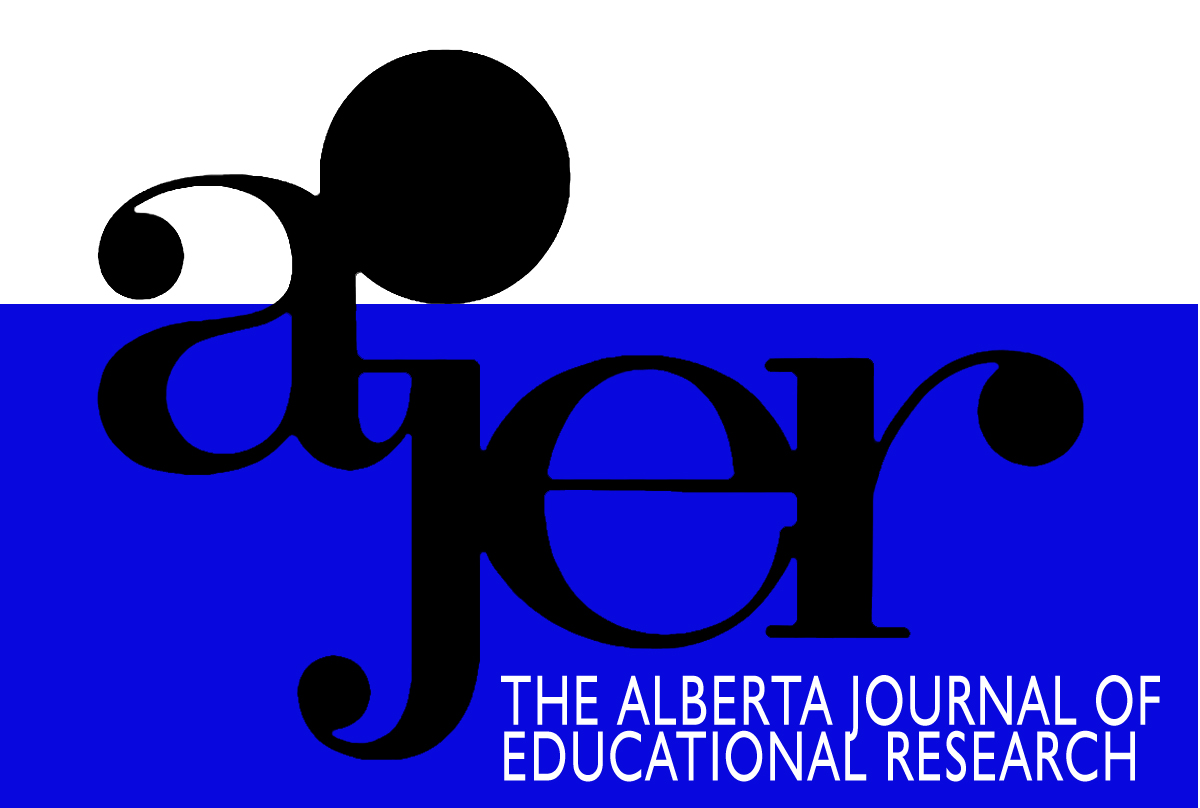Supporting Graduate Writers Through a Writing Commons
DOI:
https://doi.org/10.55016/ojs/ajer.v68i4.73428Abstract
This paper reports on how we developed a Writing Commons to support graduate student needs within our faculty. Graduate writers often require more concentrated and specific support than traditional support sources (e.g., writing centres, supervisors) can provide. We argue that local writing support spaces, like a Writing Commons, can meet these needs for graduate writers by opening a flexible, student-centric space for both writing support and time to write. We detail how faculties can go beyond just establishing graduate communities and instead provide concentrated writing support for graduate students. A Writing Commons can mitigate the isolation and pressures of the high stakes writing experiences that graduate students face by providing feedback and support, space to discuss common writing challenges within a program, and community with other writers. Near the end of the paper, we discuss steps that others can take to increase support for graduate writers.
Keywords: graduate education, graduate writing, writing support, writing groups, faculty support
Cet article rend compte de la façon dont nous avons développé un centre d'écriture commune pour répondre aux besoins des étudiants diplômés au sein de notre faculté. Les écrivains diplômés ont souvent besoin d'un soutien plus concentré et plus spécifique que celui que les sources de soutien traditionnelles (p. ex., les centres d'écriture, les superviseurs) peuvent offrir. Nous soutenons que les espaces locaux de soutien à l'écriture, comme les centres d'écriture, peuvent répondre à ces besoins des écrivains diplômés en ouvrant un espace polyvalent, centré sur l'étudiant, à la fois pour le soutien à l'écriture et pour le temps d'écrire. Nous expliquons en détail comment les facultés peuvent aller au-delà de la simple création de communautés d'étudiants diplômés et offrir plutôt un soutien à l'écriture visant les étudiants diplômés. Un centre d'écriture peut atténuer l'isolement et la pression des expériences d'écriture à enjeux élevés auxquelles les étudiants diplômés sont confrontés en fournissant des commentaires et du soutien, un espace pour discuter des défis d'écriture communs au sein d'un programme et une communauté avec d'autres écrivains. Vers la fin du document, nous discutons des mesures que d'autres peuvent prendre pour accroître le soutien aux rédacteurs diplômés.
Mots clés : enseignement supérieur, rédaction pendant les études supérieures, soutien à la rédaction, groupes de rédaction, soutien du corps enseignant
Downloads
Published
Issue
Section
License
UNIVERSITY OF ALBERTA COPYRIGHT LICENSE AND PUBLICATION AGREEMENT
If accepted, authors will be asked to sign a copyright agreement with the following points:
A. Where there is any inconsistency between this Copyright License and Publication Agreement and any other document or agreement in relation to the same subject matter, the terms of this Agreement shall govern.
B. This document sets out the rights you are granting in relation to publication of your article, book review, or research note entitled (the “Article”) through inclusion in the academic journal titled Alberta Journal of Educational Research (the “Journal”) published through the Faculty of Education, representing the Governors of the University of Alberta (the “Journal Editor”).
C. There will be no payment to you for this publication and grant of rights. In consideration of the agreement to publish the Article in the Journal:
1. You are warranting that:
- the content of the Article is your original work, and its content does not contain any material infringing the copyright of others; or, where the Article is not entirely your original work, you have obtained all necessary permissions in writing to grant the rights you are giving in this agreement;
- the content of the Article does not contain any material that is defamatory of, or violates the privacy rights of, or discloses the confidential information of, any other person;
- the Article has not been published elsewhere in whole or in part, and you will not allow publication of the Article elsewhere without the consent of the Journal Editor;
- the names of all co-authors and contributors to the Article are:
2. You agree to license the copyright in the Article to the Journal Editor, on a worldwide, perpetual, royalty free basis; and to the extent required by the terms of this agreement. You shall retain the right at all times to be acknowledged as the/an author of the Article.
3. You further agree that the Journal Editor has the entitlement to deal with the Article as the Journal Editor sees fit, and including in the following manner;
- The right to print, publish, market, communicate and distribute the Article and the Journal, in this and any subsequent editions, in all media (including electronic media), in all languages, and in all territories, ing the full term of copyright, and including any form of the Article separated from the Journal, such as in a database, abstract, offprint, translation or otherwise, and to authorize third parties to do so;
- The right to register copyright of the Journal;
- The right to edit the Article, to conform to editorial policy as the Journal Editor sees fit.
4. If any co-author or contributor to the Article does not sign this agreement, the Journal Editor reserves the right to refuse to publish the Article.



